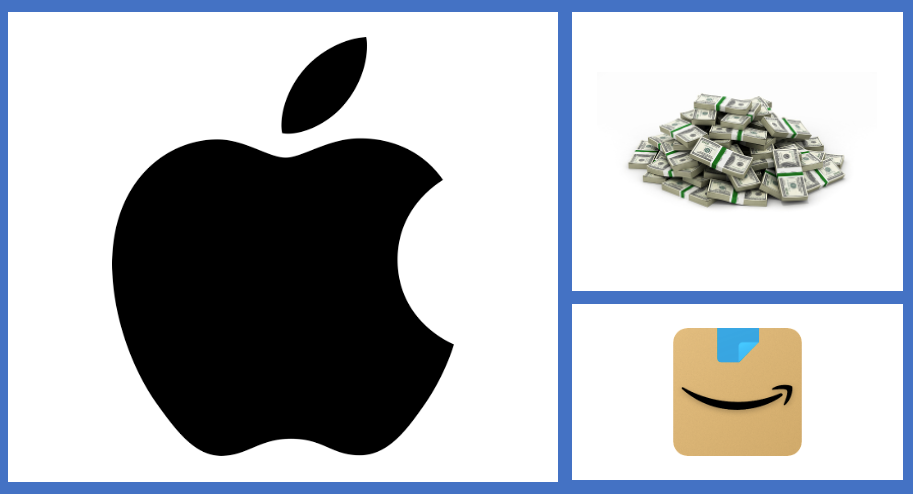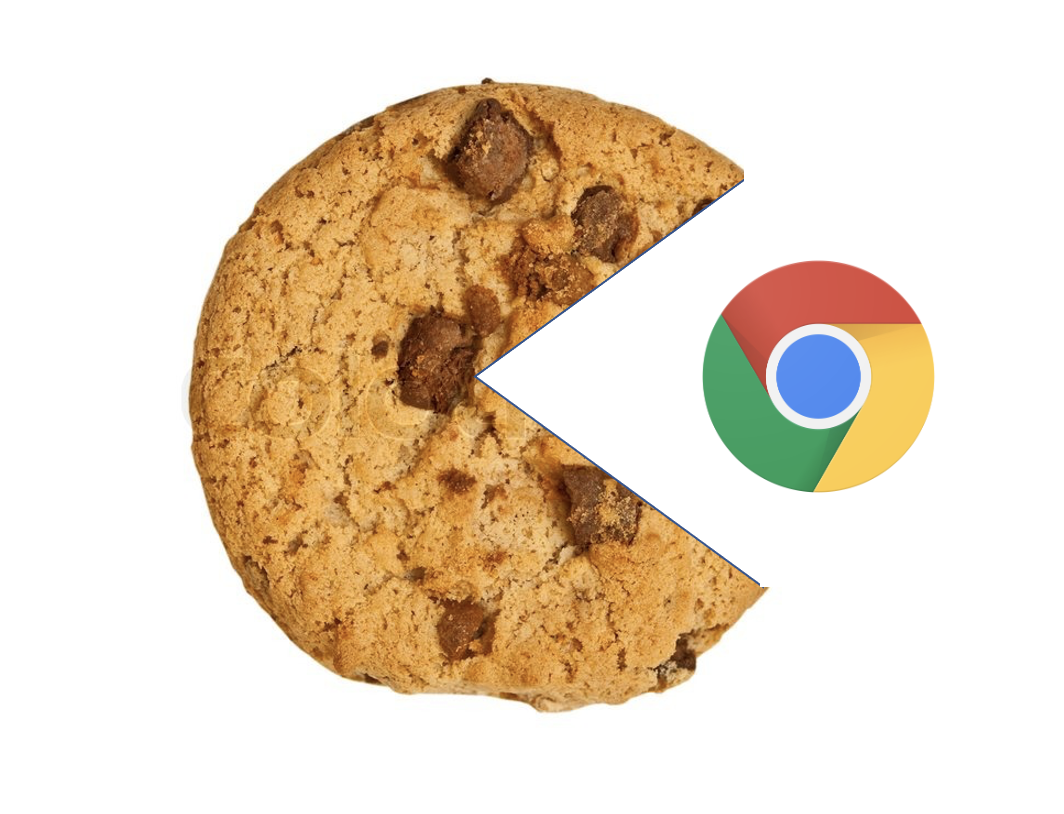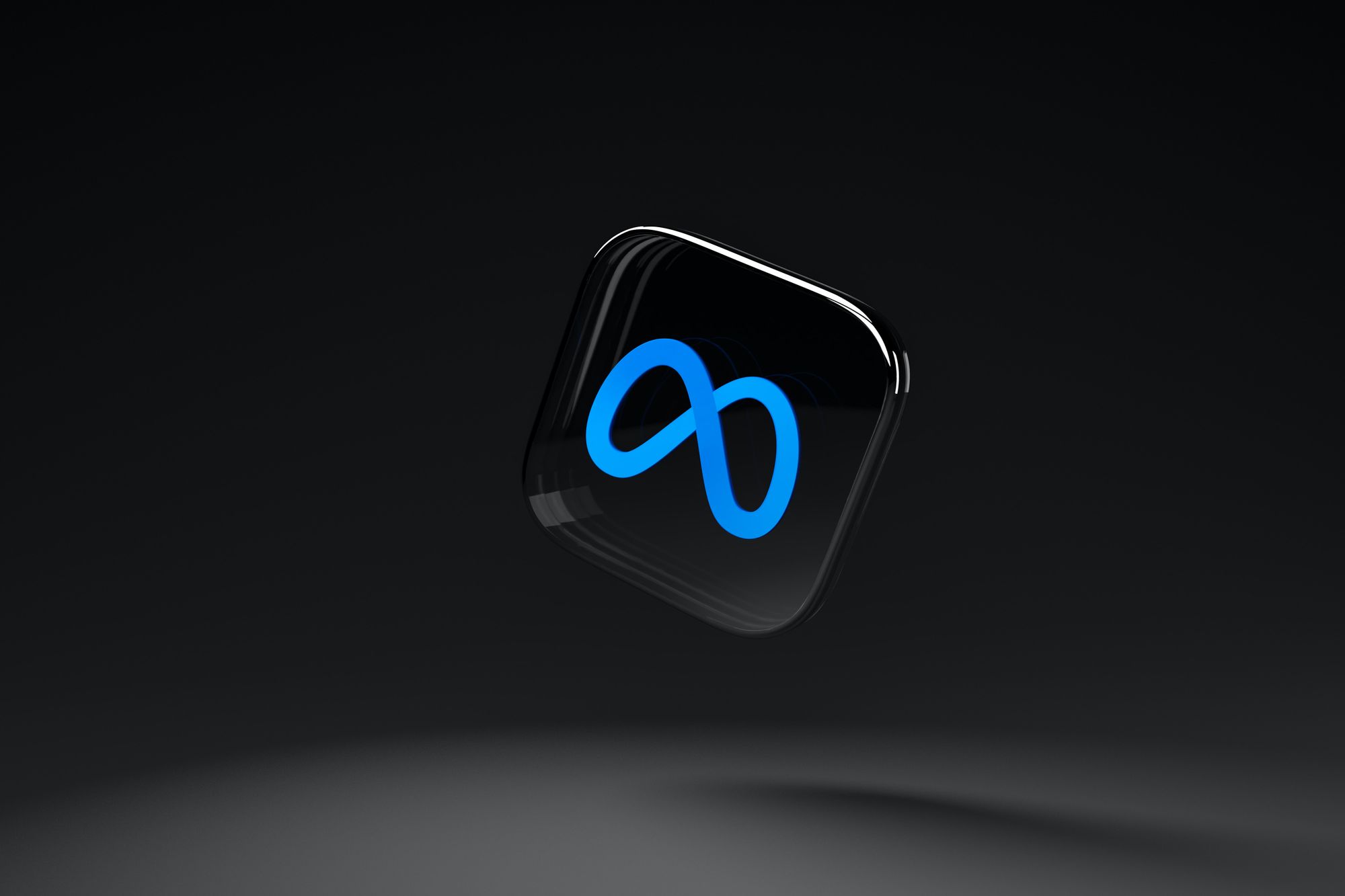AAPL AMZN Defy Gravity, Cookies 2024, Meta Mess

Apple and Amazon Defy Gravity
After two quarters of negative growth the US may be in a recession, although that's disputed. Whether or not it's technically so, tech companies are acting like it with layoffs, hiring freezes and weak revenue growth. Snap, Shopify, Twitter, Microsoft, Meta and Google all reported lower revenues than expected, though Google was buoyed by strength in its paid-search business. Yet Apple and Amazon this week seemingly defied the gravitational forces pulling the others down. Apple reported a "record" $83 billion quarter, with some unevenness, though iPhone sales exceeded expectations. Amazon also reported very strong revenues ($121.2 billion) and ad growth (18% to $8.8 billion), observing that consumer spending remains strong on the site. That contrasts pretty dramatically with what retailers such as Walmart and Best Buy have said with their profit warnings. So what's going on?

Our take:
- Apple and Amazon's – and to some degree Google's – results may reflect their relatively greater brand strength (and loyalty) vs. rivals.
- Paid-search did well for Google while display did not perform as well, suggesting marketers are retrenching, focusing on "safe" channels.
- The IAB reported, ad spending will be up 7% in 2H, but down 31% for the year vs. forecasts. This means tough quarters for most platforms.
Cookies Stay Until 'Late 2024'
Marketers have asked Google for more cookie time and the company is obliging. Google again pushed back the date for deprecation of third party cookies in Chrome. In a blog post Google said, "We now intend to begin phasing out third-party cookies in Chrome in the second half of 2024." Note the language: "begin phasing out ..." What that probably means is: cookies will remain available until early or mid 2025, nearly three years from now. Originally, third party cookie support in Chrome was supposed to be done by 2022. Safari, Firefox and Brave all block third party cookies by default. But Chrome has a roughly 66% market share globally and 50.2% in the US. Separately, a recent US-UK consumer "data ethics" survey from Permutive (conducted by Harris) found that 74% of consumers don't want brands to track them for ad targeting. The survey also found a majority want more control over their personal data. No surprise.

Our take:
- Google's privacy sandbox approach isn't ready. But advertisers don't want to give up cookies (period). That's also what Google's dealing with.
- If it passes, the American Data Privacy and Protection Act, would go into effect in 2024, about the time Google is really cutting out cookies.
- One way or another, the "track everything" days are over. But most brands will need to be externally compelled to accept that.
The Meta Mess
During its Q2 earnings call, Meta CEO Mark Zuckerberg put a positive spin on what was by all accounts its second disappointing quarter in a row, and its first revenue decline. Meta saw YoY growth in monthly and daily users, but it was down vs. Q1. The company blamed Apple (privacy), the economy and the war in Ukraine – but not competition. Zuckerberg affirmed Meta would continue to push TikTok-like changes on users (but didn't mention TikTok). Yet a major backlash compelled Instagram to roll back some of its TikTokification this week. In another reversal, the company said it would cut funding for news publishers. The news fund was created partly to appease critics and regulators around the world. Indeed, publisher and friends/family content will increasingly give way to algorithm driven short-form video. But large advertisers are struggling to adapt to the change. And there are major implications for Meta's SMB advertisers.

Our take:
- Meta is facing a kind of perfect storm: privacy, intensifying competition, changing user behavior and tepid metaverse interest.
- Unlike Facebook, TikTok doesn't require the social graph. In addition, Gen Z uses social media less and differently than older people.
- And the FTC has sued to block Meta's acquisition of VR app Within. Blocking acquisitions will mean problems for the future of Meta's metaverse.
Recent Analysis
- Google cuts off reviews for reproductive health clinics, by Mike Blumenthal.
- Near Memo episode 74: Amazon, Google pander to the FTC, Privacy Act opt-in/out battle, Instagram's new searchable map is promising.
Short Takes
- Great insights and silly fun in LocalU Denver feed.
- Google Maps: Aerial View, Location Sharing, Cycling Routes rolling out.
- Google tests "infinite scroll" on Local Finder.
- Google rolled out July Product Reviews Update.
- What's changed with Google's search quality rater guidelines.
- Shopify reports Q2 revenue of $1.3B, net loss of $1.2B.
- Apple open to "large acquisitions" to boost services revenue.
- Why mobile messaging is the missing piece in commerce strategies.
- OpenAI opens access to DALL-E 2, how will it impact creatives?
- Target expediting deliveries with local "sortation centers."
- Walmart opening "small general stores" at select glamping locations.
- American Data Privacy Act could end use of precise geolocation.
- RIO SEO merges with CX platform provider Forsta.
- Tim Horton's illegally tracked customers; the settlement is free coffee.
Listen to our latest podcast.

How can we make this better? Email us with suggestions and recommendations.

